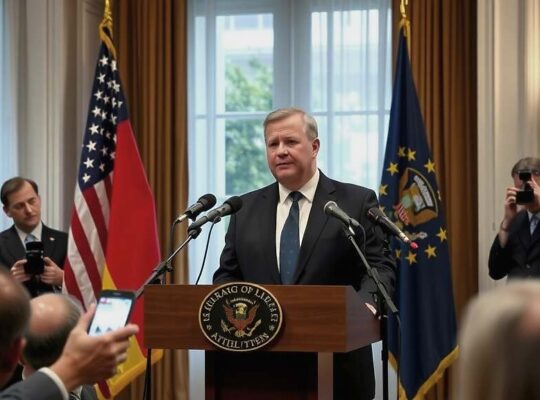A growing divide between those enjoying widespread home office flexibility and those whose roles necessitate physical presence is sparking calls for a recalibration of workplace equity in Germany. Economist Florian Kunze, a professor of Organizational Behavior at the University of Konstanz, proposes a potential solution: a compensatory day of vacation for employees unable to work remotely due to the nature of their professions, such as construction workers or manufacturing staff. This suggestion aims to address a growing sense of unfairness amongst those excluded from the benefits of remote work.
Kunze’s proposition extends beyond simple vacation time, suggesting that individuals with reduced flexibility in work location might warrant enhanced remuneration as a form of compensation for the limitations imposed. He argues that the current public discourse surrounding home office arrangements has become excessively polarized, contributing to significant employee dissatisfaction. This polarization, he notes, is heavily influenced by the agendas of large corporations, while observable trends indicate a less pronounced return-to-office movement than often portrayed in the media.
The debate is now entering a potentially significant political dimension. Anne Zerr, a parliamentarian from the left-leaning “Die Linke” party, is advocating for a legal entitlement to home office with the right to return to the workplace. This proposal emphasizes the need for clear and legally binding regulations to empower employees to autonomously determine their work location, preventing compulsory remote work scenarios. Zerr’s call for legal clarity underscores a growing concern that the current negotiation landscape is disproportionately favoring employer interests, potentially at the expense of employee well-being and a more equitable distribution of work benefits. The push for legislation signals a potential shift in political priorities, with a focus on protecting employee agency and addressing the inherent inequalities within the evolving landscape of work.












